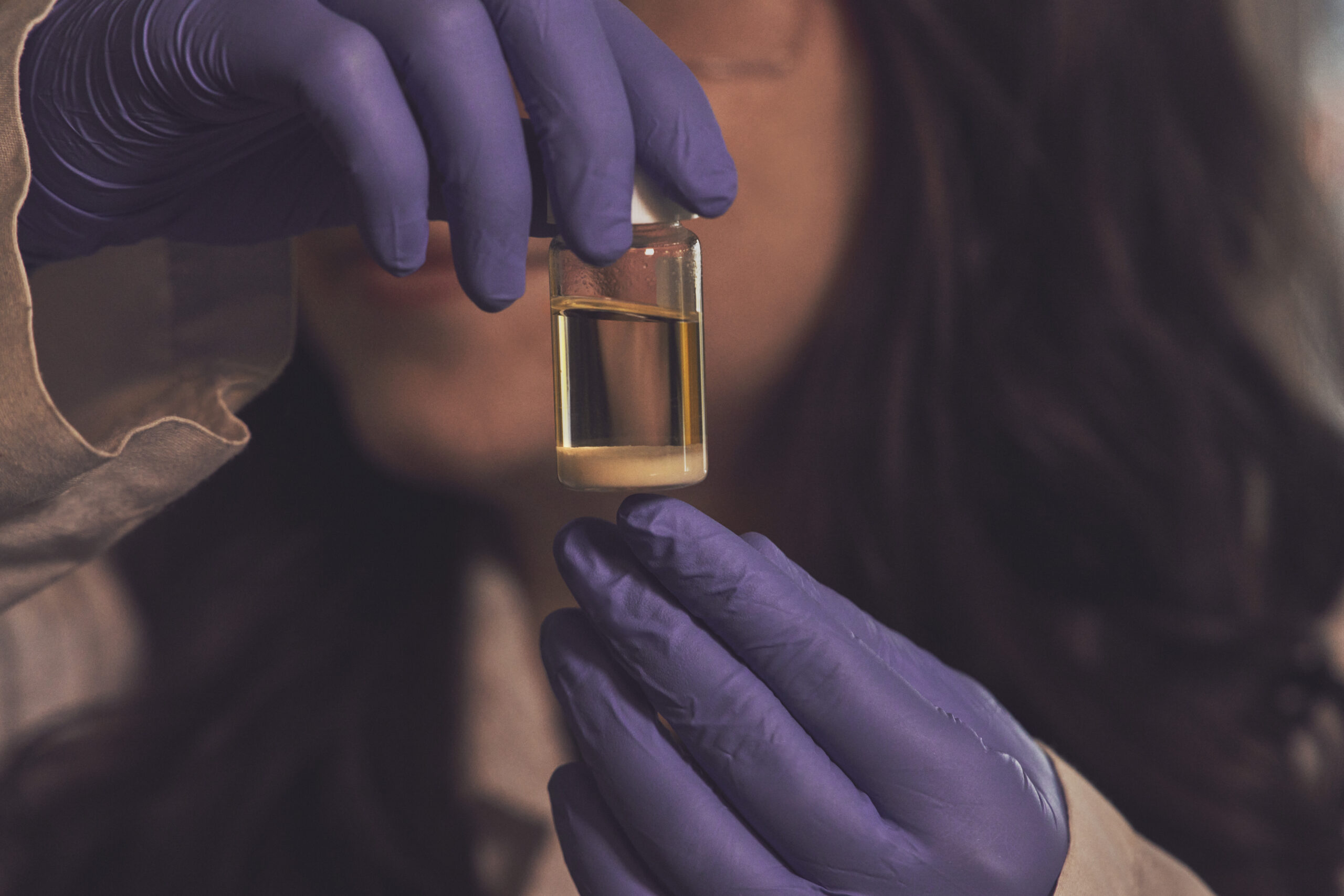
Disability Pride Month: Removing Barriers and Amplifying Voices
learn more
Without clear direction from the government or consistent standards from the industry, consumers are defining “clean” on their own

On December 29, 2022, the Senate passed the Modernization of Cosmetics Regulation Act of 2022 (“MOCRA”) and it was signed into law by President Biden alongside other reforms to the Federal Food, Drug, and Cosmetic Act.
This is the first significant update to laws governing the beauty industry since 1938. California’s senior U.S. Senator, Dianne Feinstein, one of the bill’s co-sponsors, noted its passing brings the federal government’s oversight tools for cosmetics and personal care products “into the 21st century.”
However, while MOCRA gives the FDA more resources and authority to monitor cosmetic brands and enforce recalls, it stops short of providing legal definitions for “clean,” “natural,” or “green” beauty products, as many industry leaders and consumers had hoped and advocated for, leaving room for a continued lack of consistency across brands and confusion for consumers.
Consumer Insights
A new research report from Mintel, Clean and Conscious Beauty, found most consumers have heard of “clean beauty” (60%), but only 27% know what it means.
Without clear direction from the government or consistent standards from the industry, consumers are defining “clean” on their own terms and through a lens of conscious manufacturing or positioning. According to Mintel, consumer definitions are eco-friendly (54%), cruelty-free (37%), and ethical (32%). They also report 51% of consumers are choosing “clean” products because they’re better for the environment than traditional products and 40% because they believe it’s a more ethical option.
Positive Growth Trajectory
Mintel found “clean beauty” is growing in importance among consumers and predicts demand will continue to escalate.
Additional findings:
Science-backed Brands Garner Approval
Science-backed brands and those with clinical studies to prove effectiveness are increasingly appealing to consumers. Mintel found brands that lead with science and educate consumers on the benefits will garner increased approval.
Importantly for Amyris, the report found that, as products featuring lab-grown ingredients continue to enter the market, consumers’ comfort with biotechnology will also continue to increase.